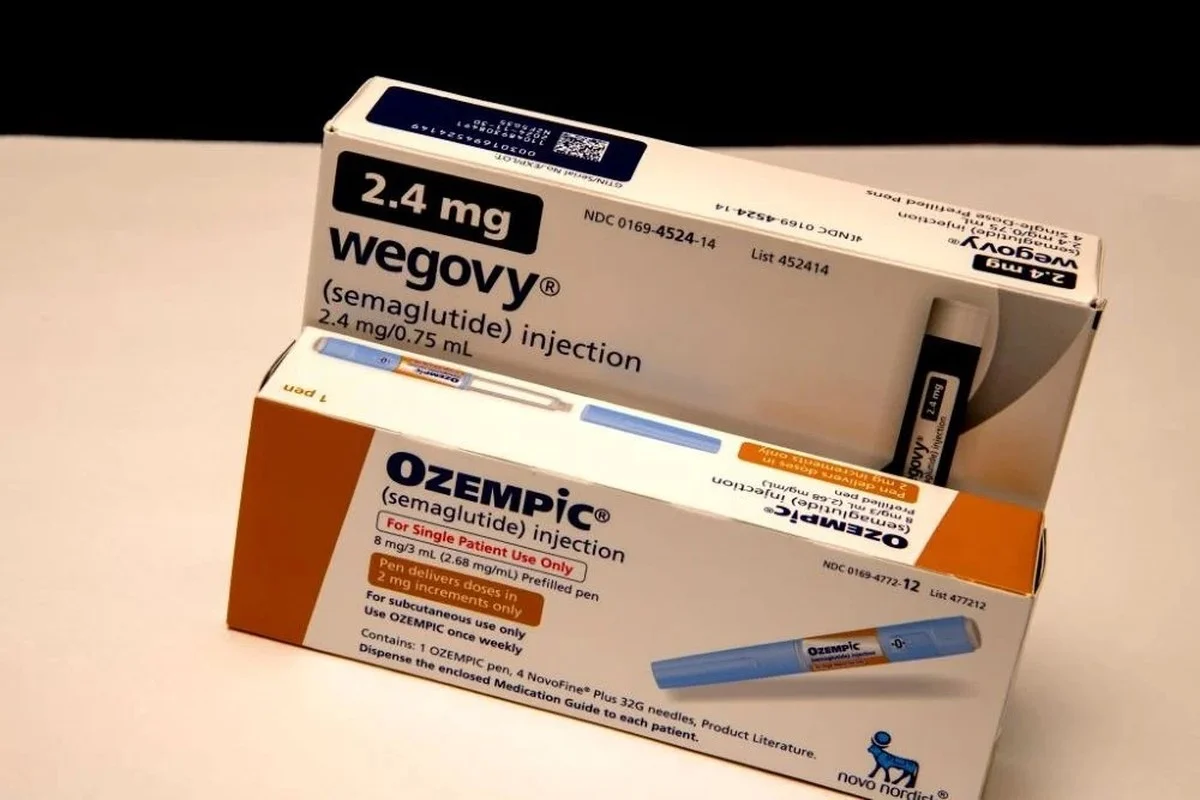18/10/2025
18/10/2025

LONDON, Oct 18: A newly identified side effect of popular weight-loss drugs such as Ozempic and Wegovy may interfere with medical imaging and lead to misdiagnosis or delayed treatment, researchers have found.
The drugs, part of a class known as GLP-1 receptor agonists, are widely used to treat obesity and type 2 diabetes. A May 2024 Kaiser Family Foundation poll showed about one in eight U.S. adults reported taking a GLP-1 drug. While effective for weight loss, the medications are increasingly linked to abnormal results in PET-CT scans used to detect and stage cancer.
Researchers from Alliance Medical, a leading European imaging service provider, analyzed FDG PET-CT scans of patients using GLP-1 drugs and found unusual patterns of radiotracer uptake, according to findings presented in September at the Annual Congress of the European Association of Nuclear Medicine.
“We noticed unusual uptake in one of our patients on a GLP-1 agonist, which prompted a wider review across our network,” said Dr. Peter Strouhal, Medical Director at Alliance Medical. “We found that these altered patterns are increasingly common, yet there is currently no national or international guidance in the UK addressing this emerging issue.”
FDG PET-CT scans combine the use of a radioactive tracer — fluorodeoxyglucose — with X-ray imaging to identify high metabolic activity in cells, often signaling disease. Abnormal uptake patterns, if not recognized as medication-related, may be mistaken for signs of cancer or other serious conditions.
Such misinterpretations can result in unnecessary tests, incorrect cancer staging, and treatment delays, experts warned.
“Recognizing the characteristic uptake associated with GLP-1 agonists helps avoid unnecessary anxiety and interventions, ensuring patients receive the right care, at the right time, without detours or doubt,” Dr. Strouhal said in a statement released by the American Association for the Advancement of Science.
Researchers recommend that imaging specialists carefully document patients’ medication history to prevent diagnostic errors linked to GLP-1 drug use.
The study adds to the growing body of research urging medical professionals to better understand and adjust for the broader effects of GLP-1 medications beyond weight loss.


